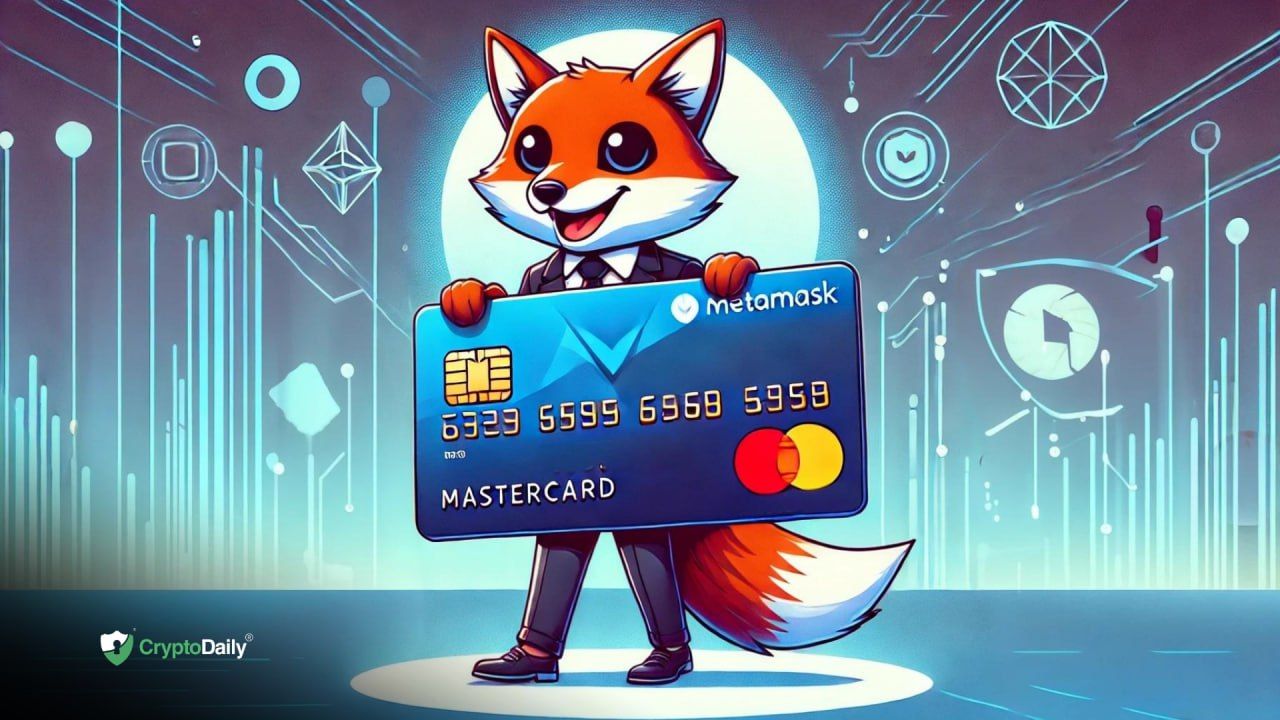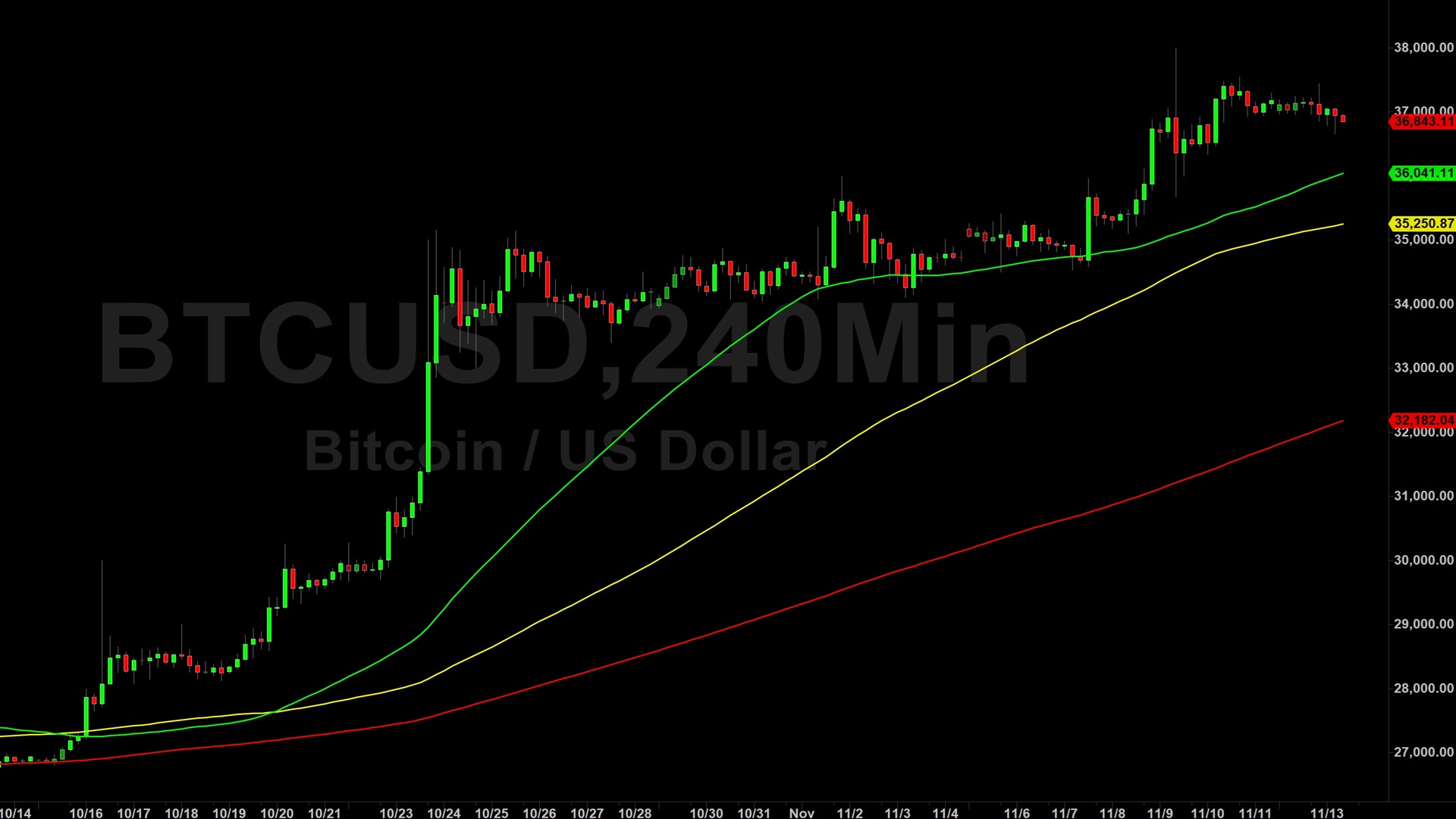Parachains can connect to Polkadot by leasing a parachain slot on the Relay Chain. This slot can be leased for up to 96 weeks at a time, with the option of renewing it further.
However, Polkadot only has a limited number of parachain slots available, which are unlocked every few months through on-chain governance.
Understanding Parachain Slot Options
Any chain that wishes to lease a slot and connect to the Relay Chain must lock DOT tokens for the duration of the lease. Acquiring a parachain slot guarantees the parachain a block inclusion at every Relay Chain block. Parachain slots are leased according to an unpermissioned candle auction. These candle auctions are a variation of open auctions where bidders submit bids in an increasing manner, meaning the next bid will be higher than the current bid. The highest bidder at the auction’s end is considered the winner.
Candle auctions were originally used in the sale of ships, with the name being derived from the system used to determine the length of the auction. Originally, the auction concluded when the flame of the candle went out, at which time the auction terminated, and the standing bid at the time was declared the winner. When such an auction is used online, they require a random number to decide the moment of the auction’s termination.
Different From Regular Candle Auctions
Parachain auctions differ from regular candle auctions because they do not terminate the auction at random. Instead, the auction runs for a fixed duration, with the winner chosen retroactively. Candle auctions on Polkadot are split into two parts: the opening period and the ending period.
The opening period begins immediately as the auction starts, lasting one day and eighteen hours. This period acts as a buffer period, allowing parachain candidates to set up their initial bids and discuss their strategy to try to win the slot auction. Bids are accepted during this phase. However, these bids do not impact the auction’s outcome. The ending period comes after the beginning period and lasts for five additional days. During this phase, the auction is subject to end depending on the candle auction mechanism.
The auction can end at any point during the ending period, with the time randomly chosen through the Verifiable Random Function (VRF). The win probability is equal to the number of blocks containing a winning bid divided by the total number of blocks in the ending period. The ending is managed by propagating through the entire ending period, with a snapshot taken at each block within the ending period to capture the winners for that particular block. At the end of the period, a snapshot is randomly selected, determining the auction’s winner.
How Candle Auctions Work
Let’s understand how the candle auctions work in a little more detail. You need to remember five main things: Bonding, Auction Cost, Crowdloans, Auction Duration, Slot Durations, and Lease Periods.
-
Bonding - Parachain teams must lock up (bond) a portion of their DOT tokens for the duration of the lease. The DOT tokens cannot be used for other activities like staking or transfers when bonded.
-
Auction Costs - Following the lease, the DOT tokens are unlocked, meaning teams participating in the auction are not required to spend “DOT.”
-
Crowdloans - Some parachain teams fund their auction bid through a crowd loan campaign. This allows teams to accept donations from other DOT holders. Those who donate their DOT tokens get them back at the end of the lease. Additionally, parachain teams can reward contributors in a number of ways, such as distributing the parachain’s native token.
-
Auction Duration - Polkadot auctions have an opening bidding period of one week. At the end of this phase, the moment of the auction’s close is determined retroactively, thus preventing last-minute auction sniping.
-
Slot Duration and Lease Periods - Each Relay Chain can be leased for a maximum of 96 weeks. When bidding on a slot, parachains are free to choose the lease length. They can do this by selecting 12-week increments called lease periods. Multiple parachains can win a single auction if they bid on lease periods that don’t overlap one another.
Disclaimer: This article is provided for informational purposes only. It is not offered or intended to be used as legal, tax, investment, financial, or other advice.





